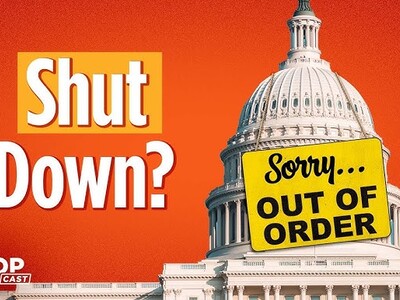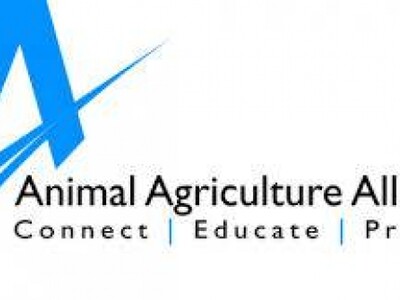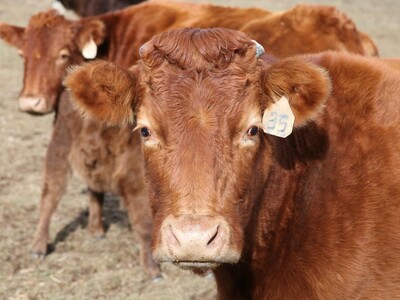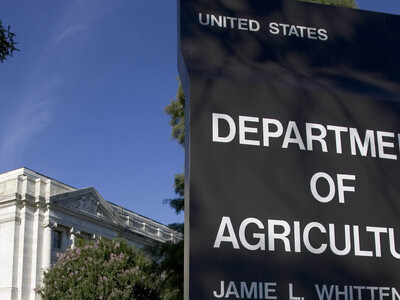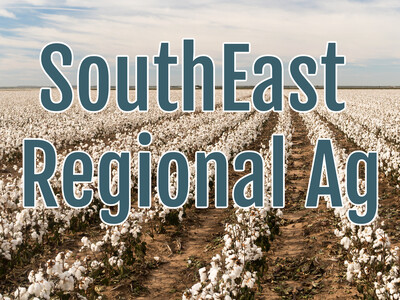Animal ID and trade
Washington Ag Today September 1, 2009 A growing number of meat importing countries are adopting livestock trace-back systems - and they may require the U.S. to have one, too. U.S. Meat Export Federation CEO Phil Seng fears the loss of export markets if a government suddenly required the U.S. to have a mandatory animal identification system. Seng: “These countries are doing it in there own countries where it is mandatory and obviously the next step is they would like to have that for product that is imported. And Korea has basically the same situation. So what we are seeing is that to be successful internationally, traceability is becoming more and more of a requisite to access a lot of these markets.” Seng is particularly concerned about market access in Japan, the top export market for American beef prior to the discovery of BSE in the U.S. in 2003. The Obama administration is pressing Tokyo to resume all imports of U.S. beef - but Seng suggests that could be tougher to achieve following the outcome of Sunday’s parliamentary elections in Japan - which saw the leading opposition party - the Democratic Party of Japan - score a lopsided victory over the ruling Liberal Democratic Party. Seng: “One of the key things in the oppositions platform when it comes to agriculture is full traceability.” I’m Bob Hoff and that’s Washington Ag Today on the Northwest Ag Information Network.
According to Seng - those who oppose a mandatory animal ID system in the U.S. are ignoring the economic importance of meat exports. Seng claims the international marketplace is the path to prosperity for U.S. beef and pork producers.




